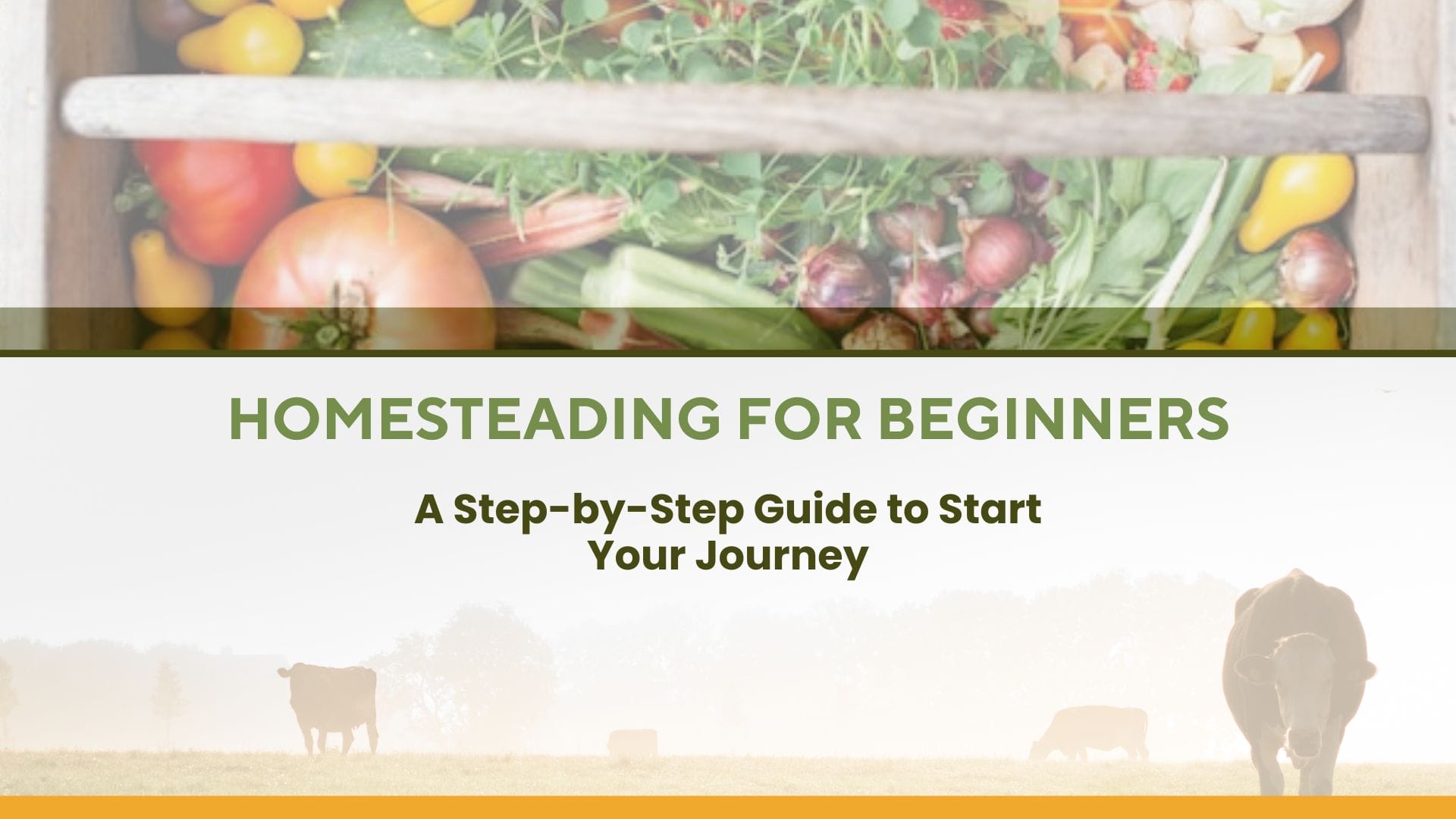Homesteading for Beginners: A Step-by-Step Guide to Start Your Journey
In today’s era, it is everyone’s dream to be self-sufficient. It is everyone’s dream to grow their food, raise livestock, and even use their energy, but the question is: Can this dream be fulfilled? The answer is yes. If you’re thinking about becoming more self-sufficient, growing your food, raising livestock, and creating your energy sources, then you come to the right place. I will share some of my experiences that can help you become a successful homesteader. Whether you live in rural areas or have a small suburban plot, you can start a homestead and enjoy the rewards of a sustainable lifestyle. Here’s a simple guide to help you get started with homesteading as a beginner.
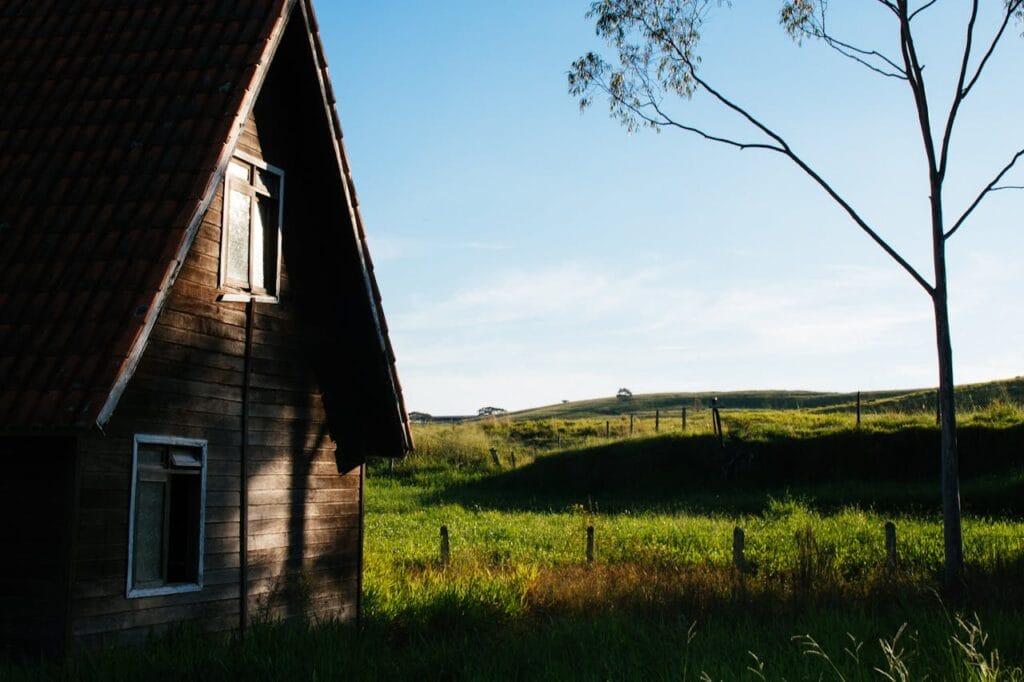
Before I move on, I want to add something that I think is important for a beginner homesteader to know. First, don’t compare your homesteading journey to anyone else’s at all. It is unique to you, and also remember that this journey is a bit difficult and not every day, but somewhere you will have hard times you need to stay patient during hard times and remember it’s your adventure. but at that time you need to be patient and remember that this is yours. Why was it started? And you may face many challenges, and everyone does, but you have to face these challenges. You have to prepare yourself for these unexpected challenges.
What is homesteading?
Homesteading is a way of life that involves being completely self-sufficient in growing your food, raising animals, generating your energy sources, and reducing your dependence on other commercial products by making your own things. But don’t worry. You don’t need a big farm or years of experience to get started; You must be determined. Homesteading means doing what you can with what you have and wherever you are.
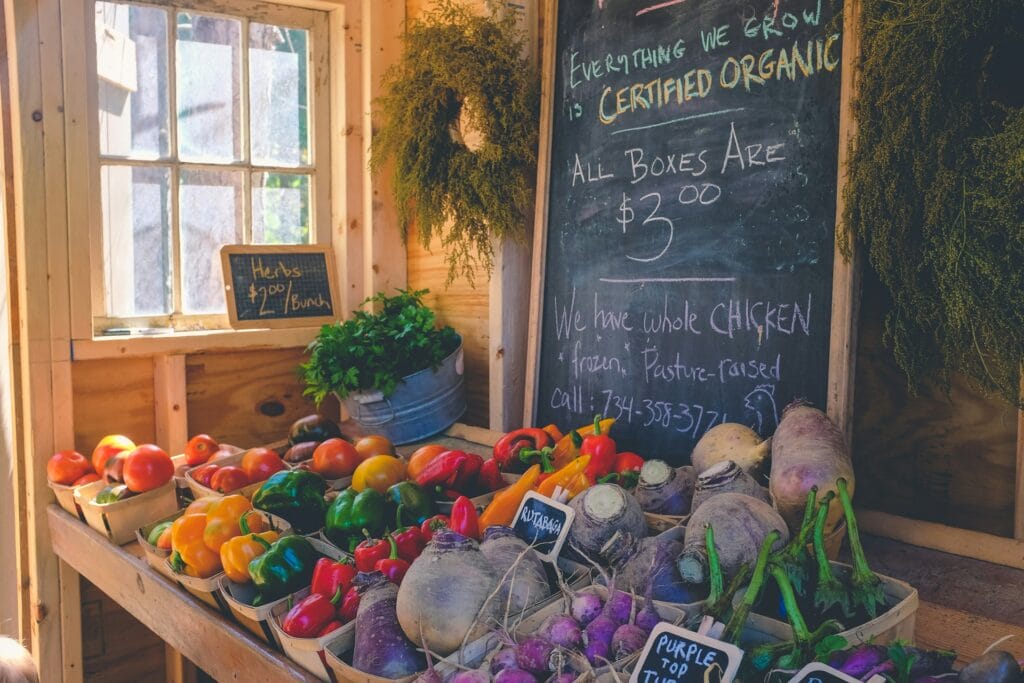
Why Homestead?
There are so many reasons why people turn to homesteading. Here are just a few:
- Self-sufficiency: Growing your food and minimizing your reliance on grocery stores. It gives you a sense of control and helps you save money.
- Healthier lifestyle: When you grow your food, you know that what you are eating is fresh, organic, and free of chemicals, and it keeps your life healthy.
- Less waste, more eco-friendly: By making things yourself, avoiding packaged goods, and reducing waste, you are creating an eco-friendly environment that benefits both your health and the planet.
- It feels rewarding. There’s nothing more satisfying than growing your food and raising your animals. It’s hard work, but it’s extraordinary.
- Family time: Homesteading keeps families together. Gardening, caring for animals, or creating something else these activities are great for bonding and teaching kids life skills.
- Saving money: The more you grow your own, the less you will have to spend; Over time, this will make you completely self-sufficient and give you more control over yo
Homesteading for Beginners: Where to Start
Starting a homestead can feel overwhelming, but starting small is the key. Here are a few steps to help guide you:
| Task | Description | Beginner Tip |
|---|---|---|
| Set Your Goal | Define what you want to achieve with homesteading, such as growing food or raising animals. | Be clear about your priorities to stay focused on your journey. |
| Assess Your Space | Understand what you can grow or raise depending on your space. | Start with container gardening if you have limited space. |
| Start a Garden | Grow vegetables and herbs in your backyard or containers. | Focus on easy crops like tomatoes, lettuce, and herbs. |
| Composting | Turn food scraps and yard waste into rich soil for your plants. | Use a compost bin or pile; avoid adding meat or dairy products. |
| Raise Chickens | Learn canning, drying, or freezing to store your harvest. | Start with freezing and move on to canning as you produce more food. |
| Food Preservation | Learn canning, drying, or freezing to store your harvest. | Start with freezing and move on to canning as you produce more food. |
| Build Skills Over Time | Develop skills like animal care, DIY projects, and herbal remedies. | Focus on one skill at a time. Don’t rush to master everything at once. |
1. Set your goal
Before you start your homesteading journey, you need to set clear goals. First, ask yourself what you want to achieve, whether it’s growing and feeding your food, raising animals, or being completely self-sufficient. Knowing your priorities will help you stay focused and build your homestead step by step.
- Why do you want to homestead? Think about whether you want to eat healthier, cut grocery bills, live a more eco-friendly life, or even make money from homesteading. Everyone’s priorities are different, so when the going gets tough, understanding the “why” will keep you motivated.
- What resources do you have? Second, be realistic about your resources. How much time can you devote? What is your budget and, most importantly, what kind of space do you have, whether you have a small backyard or a large plot of land?
- Start small. It’s easy to get excited and want to do everything at once, but doing too much can overwhelm you. Start with one or two manageable projects, gardening or raising a few chickens, and build from there.

2. Assess Your Space
The first step is understanding what you can do with the space you have. Take a look at whatever space you have and think about how to use it. Even if you only have a small backyard or balcony, there are plenty of ways to start homesteading. You can grow vegetables in containers, plant a small garden bed, or even keep a few small animals.
- Living in the city or suburbs? Try container gardening or a small raised bed for herbs or veggies. It’s a simple way to get started without needing much space.
- More space in the countryside? You have more room to play with. You can grow bigger gardens, raise chickens for fresh eggs, and maybe even keep goats or cows if you’re ready for it.
3. Start a Garden
The easiest way to start homesteading is to grow your food. You don’t need a big plot of land; you can start it from your small house. Many homesteaders start with a small vegetable garden. Begin your homesteading journey by focusing on vegetables that are easy to grow and suitable for your climate.
- Beginner crops: tomatoes, lettuce, radishes, beans, and herbs.
- Container gardening: If space is limited, grow in pots or raised beds.
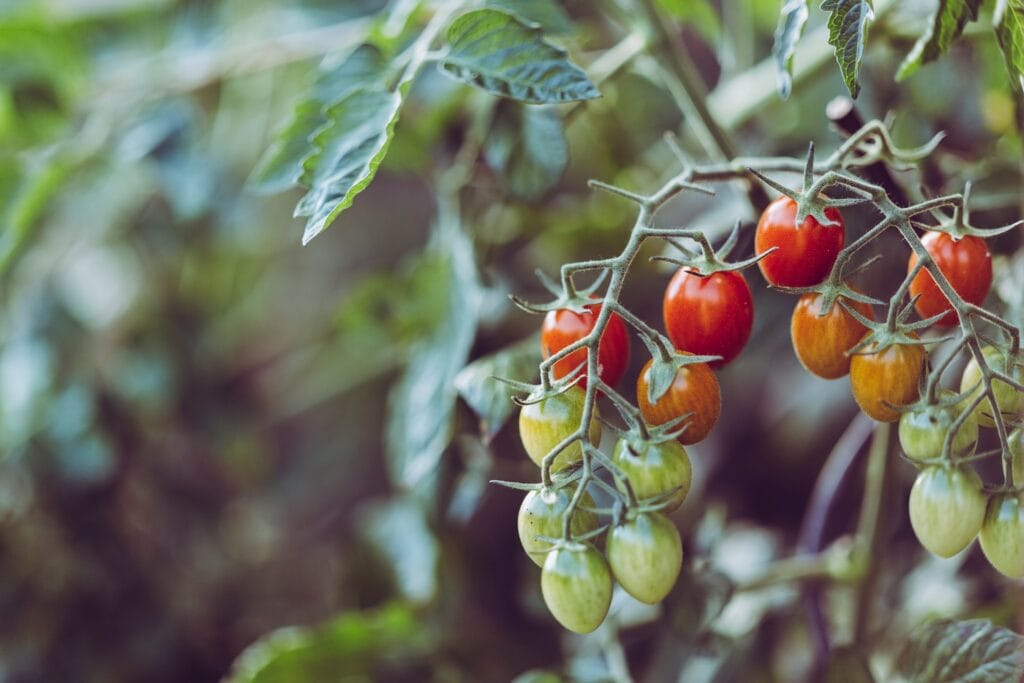
4. Learn to Compost
Composting is the best way to recycle kitchen scraps and yard waste into nutrient-rich soil for your garden. It reduces the amount of waste you send to the landfill and provides a sustainable source of fertilizer for your plants.
- How to start: Set up a compost bin or pile in your backyard. Add vegetable peels, coffee grounds, eggshells, and yard clippings.
- Turn regularly: Aerating your compost by turning it ensures it breaks down quickly and efficiently.
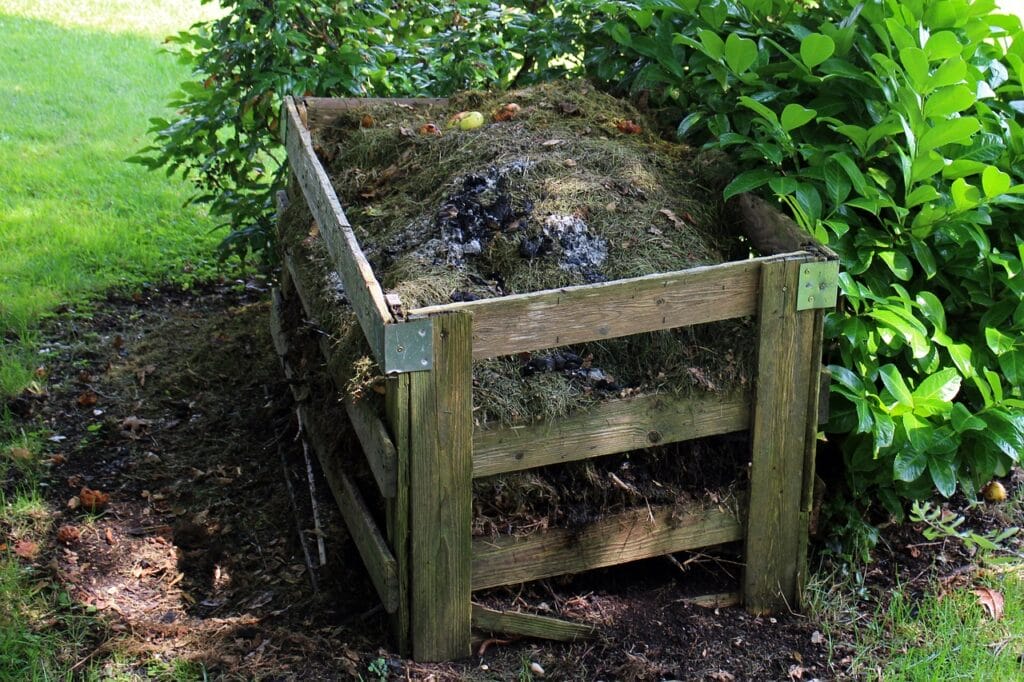
5. Consider raising chickens.
Chickens are a great entry point into raising animals on your homestead. They provide fresh eggs, help control pests, and can even be used for meat.
If you are trying to raise animals, start with chickens; they are easy to raise, they can help you to get rid of insects, they give you fresh eggs to eat, and they can even be used for meat.
- Housing: You’ll need a chicken coop to keep them safe from predators. It doesn’t have to be complicated or expensive—just enough to keep the chickens safe. You can make one yourself or you can buy it from AliExpress.
- Care: Chickens are very easy to care for; all they need is food, water, and a safe place to sleep. They are low maintenance, so you won’t be overwhelmed even if you are new to it.
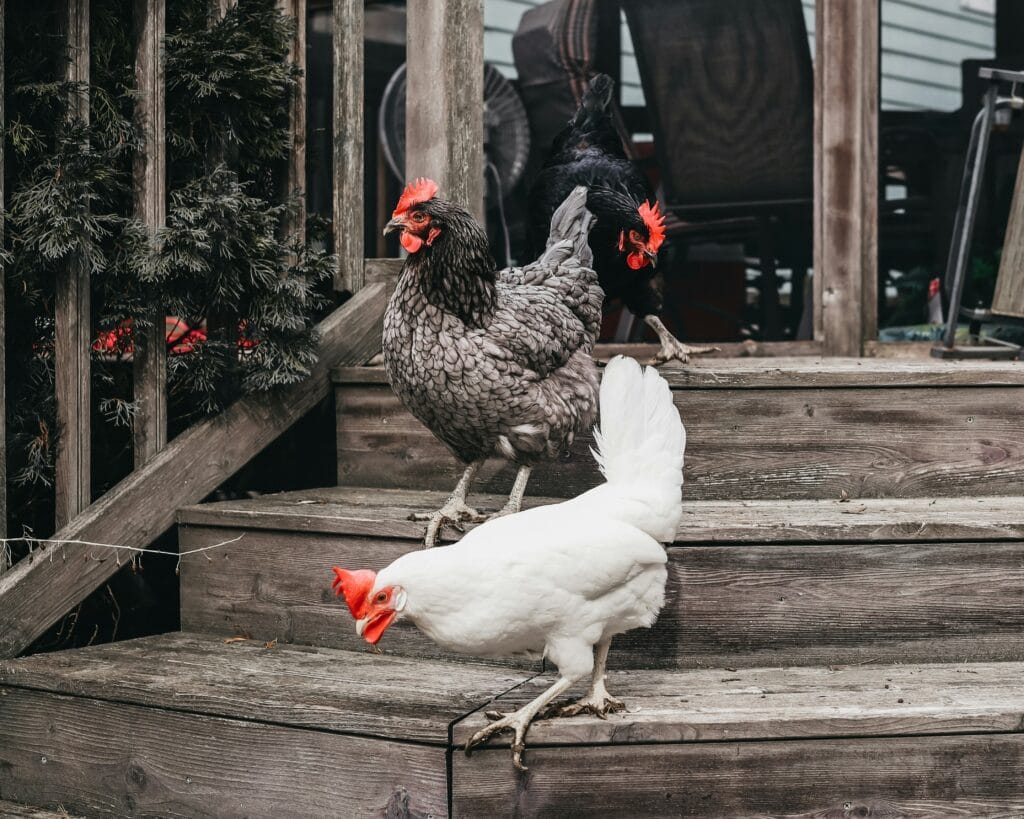
6. Learn Basic Food Preservation
Homesteading often produces so much food that you can’t use it all at once. That’s why it’s important to learn how to preserve food so you can enjoy your harvest throughout the year.
- Canning: Use heat to preserve fruits, vegetables, and other foods in jars to preserve them for longer periods.
- Drying: Dry fruits, vegetables, and herbs to preserve them for later use. It is perfect for adding to snacks or meals.
- Freezing: Freezing is a quick and easy way to preserve food. You can freeze fruits, vegetables, and even meals to enjoy later.
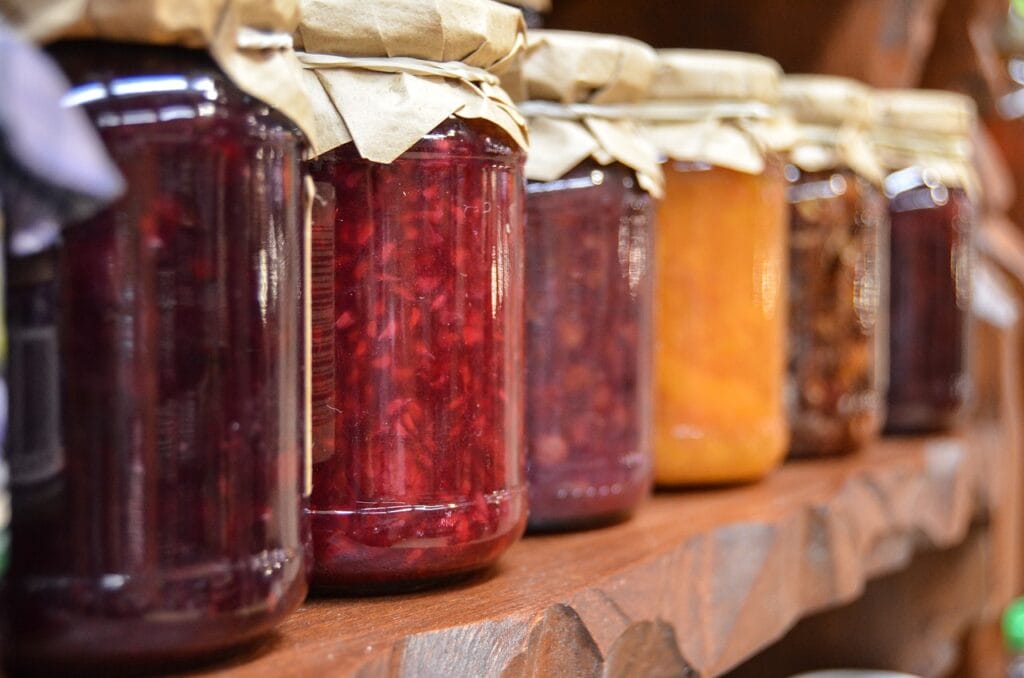
7. Build New Skills Over Time
Homesteading is a learning process; learning new skills from time to time can make you a successful homesteader, so don’t feel like you need to learn everything together but also learn new skills over time. Take your time and slowly add new skills step by step. My suggestion is to start with something simple, such as gardening and when you are pleased with it, then try to raise chickens or goats, and maybe try your hand at making soap or homemade bread.
Some useful homesteading skills you can learn over time include:
- Gardening: Growing your fruits, vegetables, and herbs.
- Animal care: looking after chickens, goats, or other animals.
- Food preservation: learning how to store your harvest by canning, drying, or freezing.
- DIY projects: building fences, sheds, or anything else your homestead needs.
- Herbal remedies: making natural medicines from herbs you grow.
Common Beginner Mistakes and How to Avoid Them
Starting a homemade can be a great learning experience, and it is normal to make mistakes. There are some things you have to keep in mind and with a little preparation, you can avoid the most common mistakes
- Starting too big: A common mistake that beginner homesteader often makes is starting too many projects at the same time, which is completely wrong. You should begin with one or two simple projects that allow you to learn and adjust before expanding.
- Ignoring local laws: Secondly, when raising animals or setting up things like solar panels, Make sure and check your local rules and regulations beforehand so that you don’t face any issues later. Many areas have restrictions on what you can do.
- Lack of research: The more you try to learn, the More your knowledge will grow. Try to learn as much as possible from others’ experiences by reading their books, watching online tutorials, and joining homesteading groups that can expand your knowledge.

